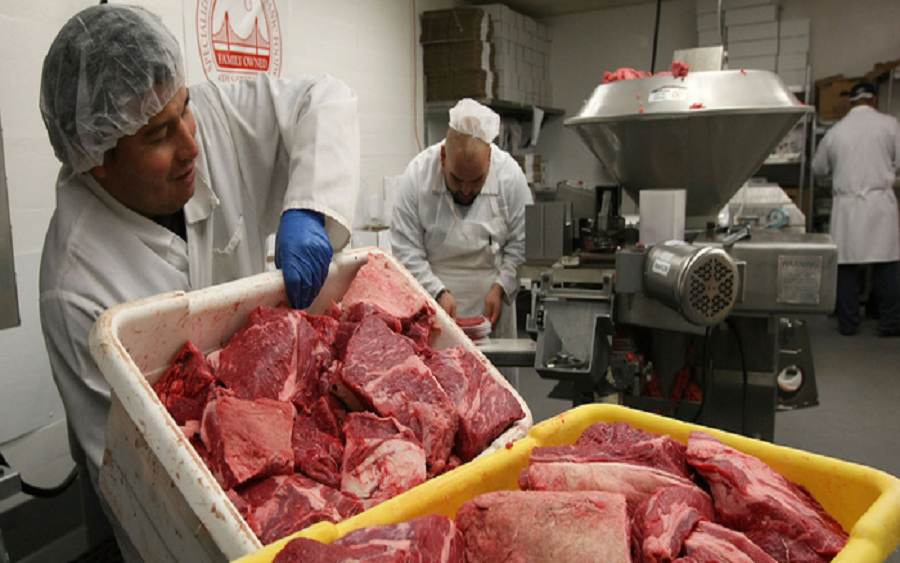Brazil has confirmed two cases of “atypical” mad cow disease in two separate domestic meat plants and has gone ahead to suspend all beef exports to China, the country’s major importer of beef.
The Brazilian Agriculture Ministry announced on Saturday that the suspension of beef exports to China would commence immediately and added that the temporary suspension was taken under an existing bilateral protocol between the two countries, although the ministry stressed there was “no risk to human or animal health.”
According to the ministry, both cases were “atypical” as the disease appeared spontaneously and sporadically, unrelated to the ingestion of contaminated food. The two bovine spongiform encephalopathies (BSE) cases were identified during health inspections in Minas Gerais and Mato Grosso states in aged cattle.
The minister for agriculture added that Brazil has never recorded a classic case of bovine spongiform encephalopathy.
Currently, Brazil is the world’s largest exporter of beef, with China as its biggest customer as more than half of Brazil’s beef export goes to China and Hong Kong. In 2020, China was the largest buyer of Brazilian beef, with 1.18 billion metric tons of imports through the continent and Hong Kong. Egypt was the second-largest customer at 127,953 metric tons.
The ministry has officially notified the World Organization for Animal Health.
In June 2019, Brazil also temporarily suspended its exports of cattle to China after an atypical case of BSE was detected in Mato Grosso in a 17-year-old cow.
The mad cow disease first appeared in the United Kingdom in the 1980s and spread to many countries in Europe and around the world, causing consumer alarm and triggering a serious crisis in the beef industry. The disease was spread widely by farmers feeding cattle with the meat and bone meal of dead and infected animals.
Humans may acquire the disorder by eating diseased meat products. When it comes from cattle, the disorder is called Creutzfeldt-Jakob disease (CJD), which ultimately leads to dementia and death.


















